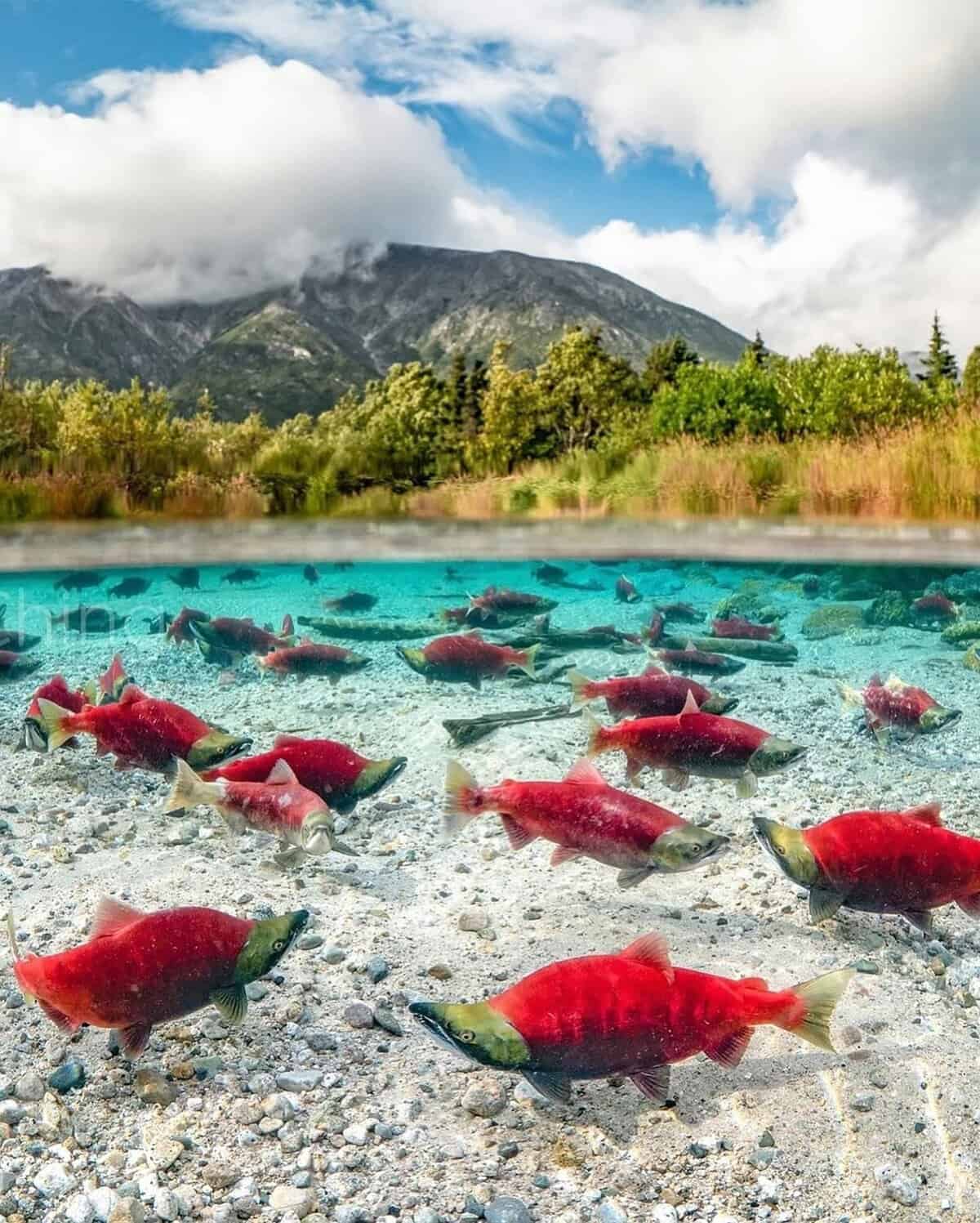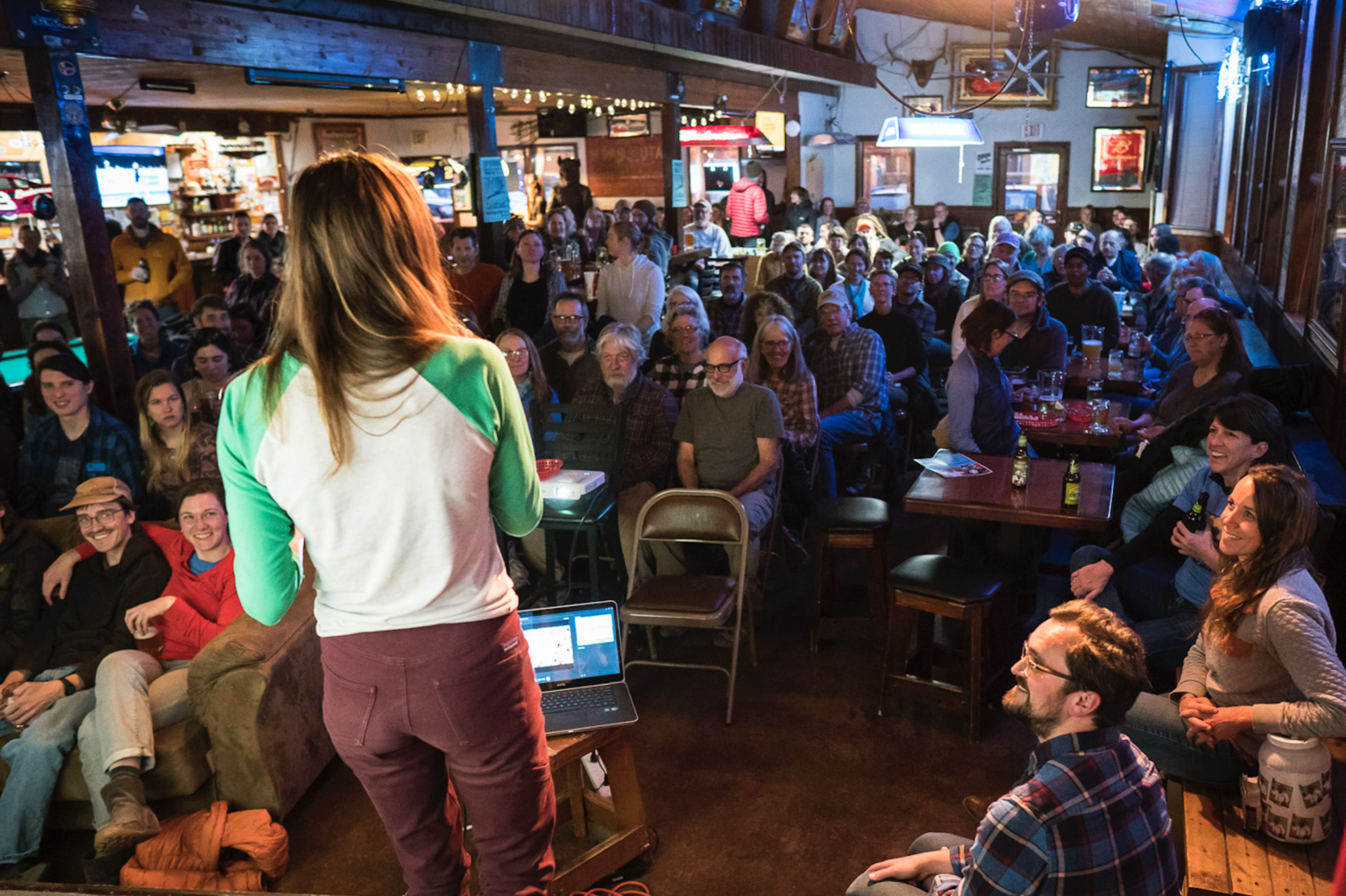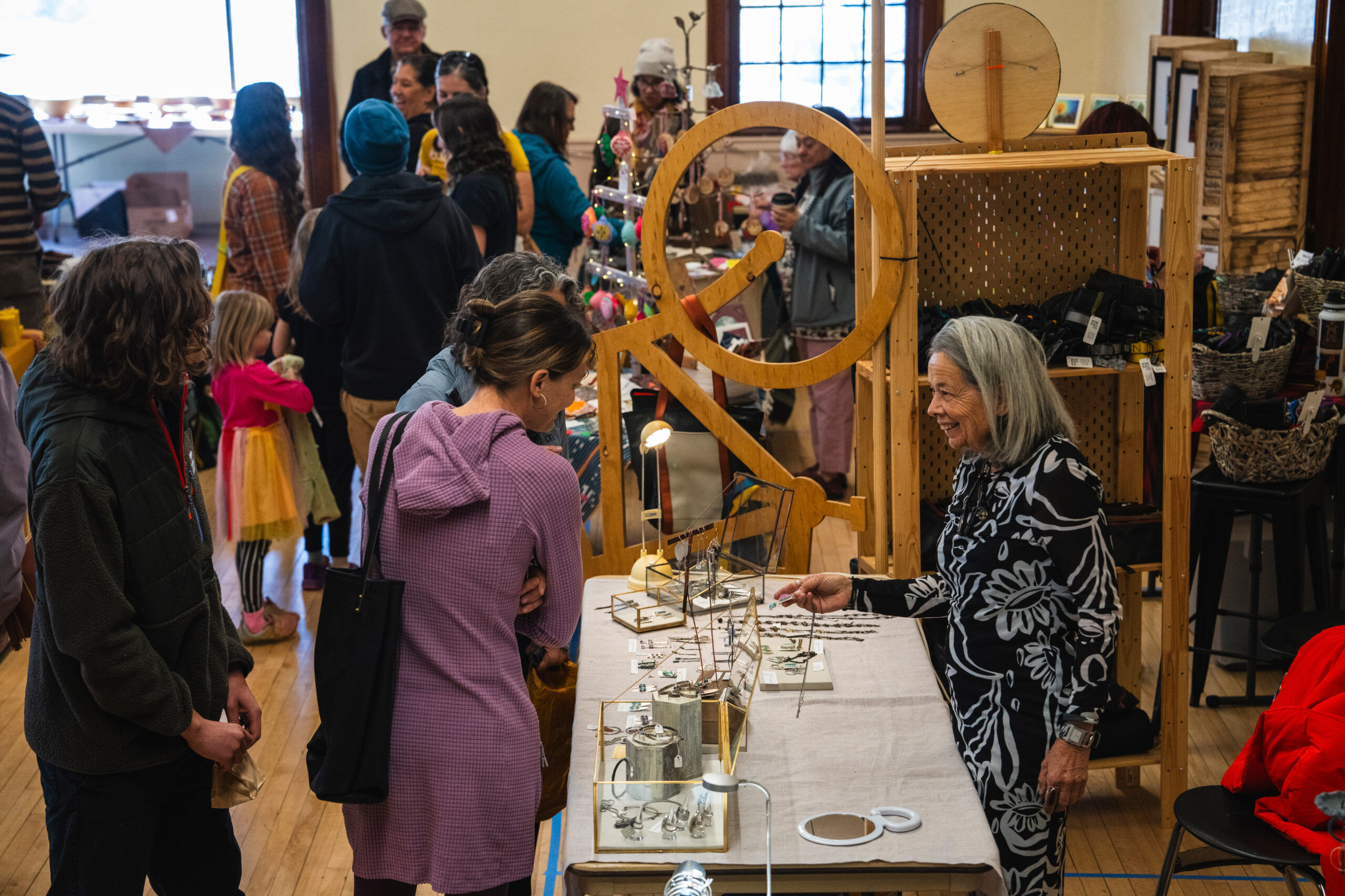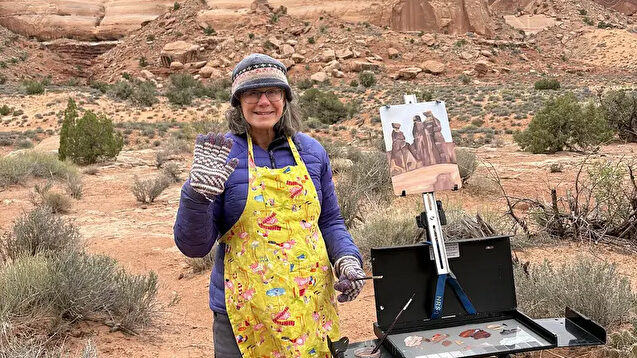Moab local Nick Lee has been commercially fishing in Alaska’s Bristol Bay for decades. In 2016, with a team of filmmakers, he started working on a documentary about fishing in the bay.
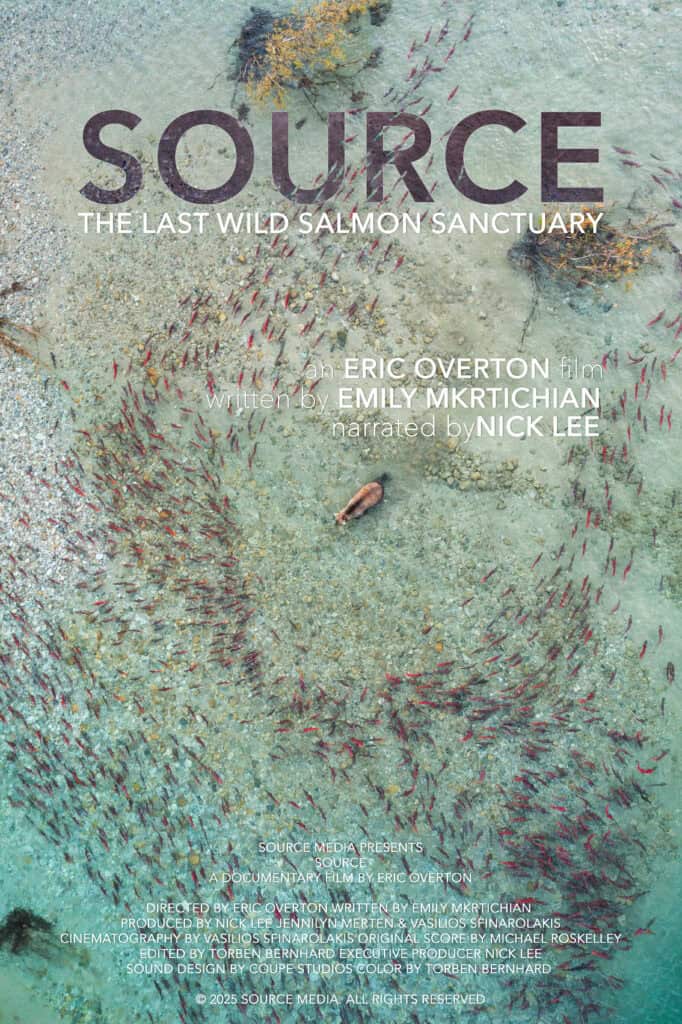
At first, he envisioned it as a consumer-education film, focused on where the fish we eat comes from and how it’s handled and processed. But while he and his team were filming, a plan for a copper mine near the bay, that they thought had been defeated, was resurrected. They shifted focus to the ecological damage the mine would cause if it’s allowed to proceed.
The finished film, called “Source: The Last Wild Salmon Sanctuary” will show at Star Hall on April 3 at 6:30 p.m. It combines footage of the spectacular ecosystem with interviews with experts in the fishing industry, locals, biologists, and mining proponents. Lee, who narrates the documentary, will be available for a Q & A after the screening.
According to the Alaska Department of Fish and Game, Bristol Bay is the largest commercial sockeye salmon-producing region in the world. Fishing is managed to allow enough salmon to return upstream to their spawning habitat each year to sustain a healthy population.
“That’s conservation by just leaving it alone,” Lee said. “And that’s why it’s been so successful—because it’s untouched.”
In the mid-2000s, a company called Northern Dynasty Minerals sought a permit to develop the Pebble Mine at what is thought to be one of the world’s largest copper deposits. The site is upstream of Lake Iliamna, which drains into Bristol Bay; salmon travel up creeks and rivers toward the lake to spawn. Developing the mine could damage the ecosystem and threaten its water quality. In 2010, a group of opponents to the Pebble Mine, including area tribes and commercial and sport fishermen, asked the Environmental Protection Agency to conduct an environmental assessment. After years of studies, litigation and appeals, the EPA issued a final determination in 2023 that banned the disposal of mine waste in the Bristol Bay watershed.
In 2024, however, the state of Alaska and Northern Dynasty Minerals and its subsidiary, Pebble Limited Partnership, challenged that “final” determination in court. The Pebble Mine conflict might continue.
Bristol Bay’s fishing industry generates over $1 billion in annual profit and supports the livelihoods of thousands of people. For Lee, it’s not just about the industry—he’s been “enamoured” with the grandeur of the Alaskan wilderness since he was a kid.
“Growing up in Seattle, watching the commercial fishing boats come in from, and go back to, Alaska – while I was fishing on the dock – it was kind of bigger than life,” he said. He followed his daydreams right after high school to work on a fishing boat in Alaska.
“It was just mind-blowing, going up there and seeing these big salmon, and all the whales and all the sealife and eagles,” he said. “It’s a special place, for sure.”
Lee worked in other facets of the fishing industry: he worked in a fish processing plant; he later earned degrees in economics and international business at Washington State University, and sold fish in international and domestic markets for a seafood company. Eventually he got his own boat and permit to fish commercially in Bristol Bay. He lives in Moab most of the year, but still goes to Alaska for the fishing season each summer. He also started a direct-to-consumer seafood company, Alaska Select, where customers can sign up for twice-yearly orders of Alaskan fish.
He hopes “Source” will help people value the environment that produces quality fish.
It’s important, Lee said, “even if you aren’t able to go visit the headwaters of Bristol Bay, just knowing it exists, like knowing polar bears are in the Arctic.”
“I wanted people to be aware of Bristol Bay and why it matters. The more people that know about it, the better. Also I think it’s important for people to know where their food comes from. That’s the whole deal with the name ‘source’—know your source.”
Appreciate the coverage? Help keep local news alive.
Chip in to support the Moab Sun News.


